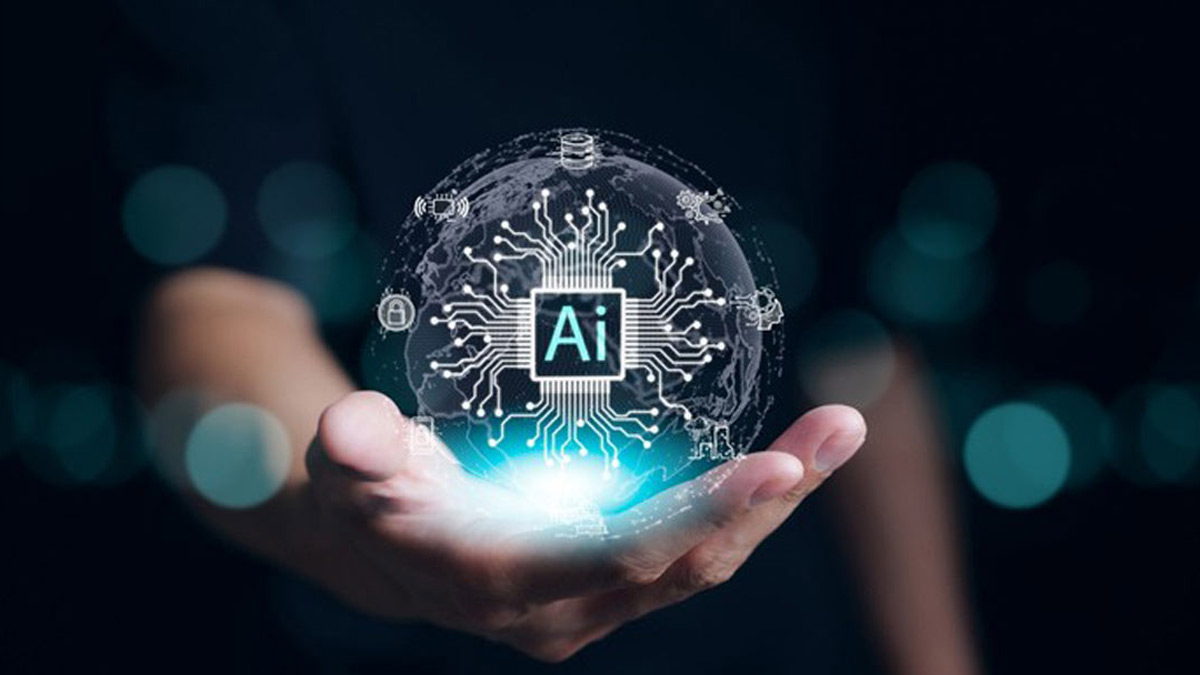OPINION | Could the rapid advancement of AI influence the achievement of the UN SDGs?
Science & Technology SciencePosted by NewAdmin on 2025-01-16 10:56:42 |
Share: Facebook | Twitter | Whatsapp | Linkedin Visits: 62

Technology is driving business growth at an unprecedented pace, a trend that is expected to continue well into the future. Artificial Intelligence (AI), in particular, is advancing rapidly, with a projected compound annual growth rate (CAGR) of 37% between 2023 and 2030. This growth is poised to transform manufacturing and service sectors by enhancing efficiency, productivity, innovation, quality, agility, flexibility, and cost-effectiveness in today’s volatile, uncertain, complex, and ambiguous (VUCA) environment. However, like any emerging technology, AI brings with it not only substantial benefits but also a host of associated risks, challenges, and potential adverse impacts. These factors could significantly influence the sustainability of global business practices.
To promote sustainable global development, the United Nations (UN) established 17 Sustainable Development Goals (SDGs) in 2012. When the growth of new technologies negatively affects these goals, it becomes a matter of concern. It is therefore critical for leaders to understand the challenges posed by AI, assess their implications for the SDGs, and devise strategies to address these challenges while navigating the future of business.
The rapid global expansion of AI technologies is linked to seven key factors that may adversely affect various UN SDGs, including:
Digital Divide: Marginalized communities, such as smallholder farmers, low-income populations, micro, small, and medium enterprises (MSMEs), and underdeveloped economies, often lack access to AI technologies, tools, software, and markets. They are also deprived of critical data and information necessary for growth and improvement, exacerbating global inequalities. This widening digital divide directly impacts SDG 2 (Zero Hunger) and SDG 10 (Reduced Inequalities).
Energy Demand: Training and operating AI models, particularly deep learning models, require immense electrical power, and the growing adoption of AI is expected to significantly increase energy consumption. This surge in energy demand poses challenges to SDG 7 (Affordable and Clean Energy) and SDG 12 (Responsible Consumption and Production).
As AI continues to evolve, it is vital to address these challenges to ensure that its growth aligns with the goals of sustainable development.
Search
Categories
Recent News
- Dreamliner Radar Glitch Grounds Delhi-Bound Flight
- Deputy CM Pawan Kalyan's State Tour: Prioritising People's Welfare
- Indian IT Giants Stumble: Anthropic's AI Launch Triggers Global Sell-off
- T20 Champions Battle: India Faces South Africa in Warm-Up Clash
- Championing Farmers: Andhra Pradesh's Innovative Agricultural Revolution
- Andhra Pradesh Land Acquisition Sparks Livelihood Crisis
- CBSE Empowers Teachers with Practical Skill Education
- Renowned Poet's Daughter Accuses Husband of Abuse and Child Confinement